Dodge Challenger
The Dodge Challenger is a muscle car that has become an iconic part of American automotive culture. Known for its aggressive styling, powerful performance, and heritage, the Challenger has been a symbol of raw American power.
Dodge Challenger Overview
The Dodge Challenger is a retro-styled muscle car that was first introduced in 2008. It is based on the Chrysler LX platform, which is also used for the Dodge Charger and Chrysler 300. The Challenger is available with a variety of engines, including a 3.6-liter V6 engine, a 5.7-liter Hemi V8 engine, and a 6.4-liter Hemi V8 engine. It is available with rear-wheel drive or all-wheel drive. The Challenger is a popular choice for buyers who are looking for a powerful and stylish muscle car. It is not as popular as some rivals, such as the Ford Mustang and the Chevrolet Camaro, but it is a good value for money car.
The Dodge Challenger is a significant model in the history of American automobiles, representing the bold and unapologetic character of classic and modern muscle cars. It continues to be a popular choice for enthusiasts drawn to its performance and distinctive style.
Dodge Challenger Sales Figures
Here you will find monthly and yearly Canadian, European and U.S. sales figures for the Dodge Challenger. 2016 monthly totals, following FCA’s decision to issue more accurate auto sales data at the end of July, do not mesh with the year-to-date totals FCA is reporting, as expected. The Dodge Challenger has never been officially sold Europe. All cars have been imported individually by grey market importers. Therefore, its sales numbers remain lower than those of its American muscle car competitors Ford Mustang and Chevrolet Camaro. From 2010 through 2013, the Challenger sold 468 units, while the Mustang sold 3,327 units in the same period and Camaro sales from 2011 till 2013 add up to 4,404 units.
Dodge Challenger U.S Sales Data & Charts
US Monthly Sales
US Annual Sales
| Year | Sales Units |
|---|---|
| 2008 | 17,423 |
| 2009 | 25,852 |
| 2010 | 36,791 |
| 2011 | 39,534 |
| 2012 | 46,788 |
| 2013 | 51,462 |
| 2014 | 51,611 |
| 2015 | 66,365 |
| 2016 | 64,478 |
| 2017 | 64,537 |
| 2018 | 66,716 |
| 2019 | 60,997 |
| 2020 | 52,955 |
| 2021 | 54,315 |
| 2022 | 55,245 |
| 2023 | 44,961 |
| 2024 | 9,737 |
US Annual Growth
Dodge Challenger Canada Sales Data & Charts
Canada Annual Sales
Year Sales Units
2012
1,485
2013
1,514
2014
1,623
2015
2,669
2016
3,160
2017
3,422
2018
2,274
2019
2,341
2020
1,368
2021
1,473
Canada Annual Growth
Dodge Challenger Europe Sales Data & Charts
Europe Annual Sales
| Year | Sales Units |
|---|---|
| 2010 | 101 |
| 2011 | 108 |
| 2012 | 153 |
| 2013 | 106 |
| 2014 | 241 |
| 2015 | 310 |
| 2016 | 263 |
| 2017 | 358 |
| 2018 | 706 |
| 2019 | 631 |
| 2021 | 351 |
| 2022 | 440 |
Europe Annual Growth
Dodge Challenger Generations
First Generation (1970-1974)
- Introduction: Launched in 1970, the original Challenger was Dodge’s response to the Ford Mustang and Chevrolet Camaro.
- Platform: Shared the Chrysler E platform with the Plymouth Barracuda.
- Engine Options: A wide range of engines, from a 3.2-liter inline-six to a massive 7.2-liter V8.
- Performance Models: Notable performance models included the R/T and the Challenger T/A.
- Styling: Featured a classic, muscular design with a long hood and short deck.
Second Generation (1978-1983)
- Reintroduction: The Challenger was reintroduced in 1978 as a compact car, a significant departure from the original.
- Platform: Based on the Mitsubishi Galant Lambda.
- Engine Options: Primarily offered with inline-four engines.
- Market Position: Targeted at the fuel efficiency market rather than performance, reflecting the changing automotive landscape of the time.
- Reception: The second generation was not as well-received as the first, lacking the muscle car identity of the original.
Third Generation (2008-Present)
- Revival: After a long hiatus, the Challenger was revived in 2008, returning to its muscle car roots.
- Platform: Utilizes the Chrysler LC platform.
- Engine Options: Wide range of engine options, including V6 and V8 options, with the top-of-the-line supercharged 6.2-liter V8 in the SRT Hellcat models producing over 700 horsepower in certain configurations.
- Performance Models: Numerous performance variants such as the R/T, SRT8, SRT Hellcat, and Demon.
- Styling: Retro-inspired design that pays homage to the original 1970 model.
- Technology and Features: Modern iterations come with updated technology, including infotainment systems, driver assistance features, and customizable driving modes.
- Dodge Challenger SRT Demon: A limited-production model introduced in 2018, focused on drag racing, featuring 840 horsepower and various drag-racing technologies. Known as one of the fastest production cars in terms of quarter-mile time.
- Reception: The modern Challenger has been praised for its performance, styling, and comfort, although it’s often noted as being heavier and less agile than some competitors.

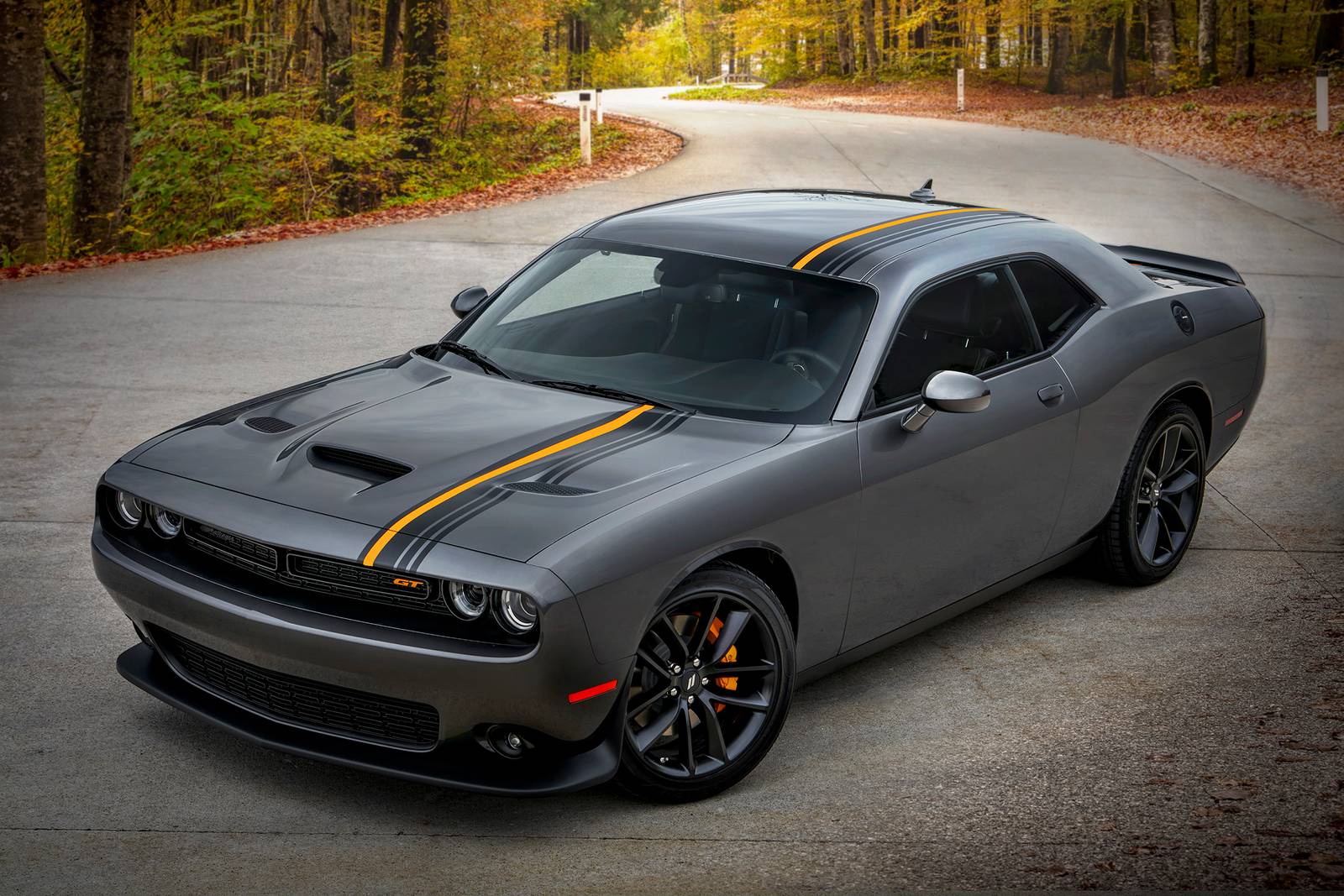
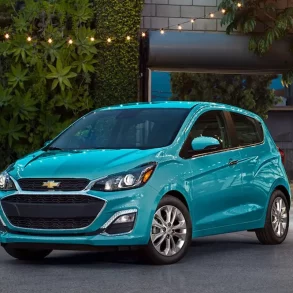
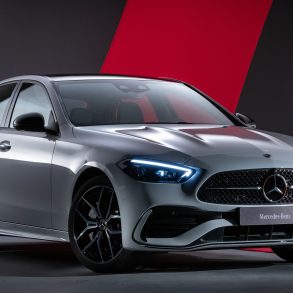
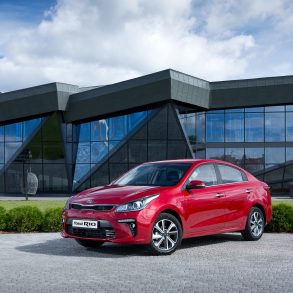
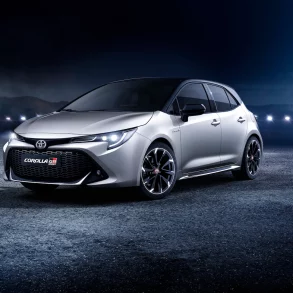
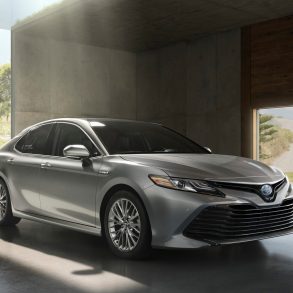
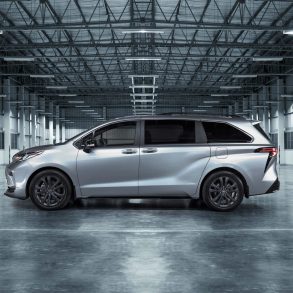
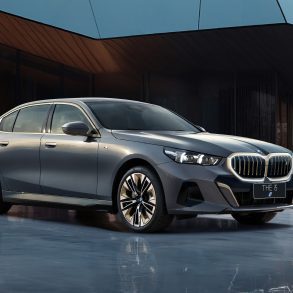
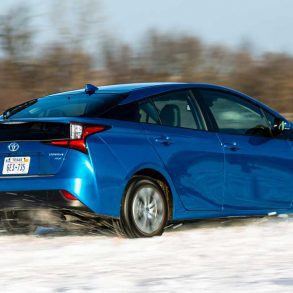
I love my 2010 Challenger until I need to use the rear seat.
Or the touch Screen radio won't work with my iPod.
The car is wonderful on the highway and well mannered around town.
The trunk is huge and I never get out glad to escape.
Thanks for the stats, this is the first good Chall. sales summary I've found on the web. With 2012 sales on the increase I wonder if Chrysler/Fiat will be tempted to keep this great model around for a couple of additional years or until sales fall off? Seems like they could keep the Chall and release the new Alfa-Romeo based "Barracuda" at the same time. After all Challengers, Chargers, Barracudas, etc were all available together in the early 70s.
I also love my 2010 manual trans RT Classic deep-water blue 5.7L hemi muscle car.
i bought a r/t plus 2 months ago, I LOVE THIS CAR!